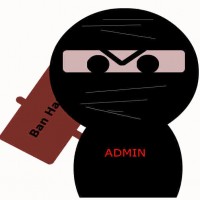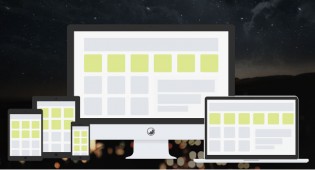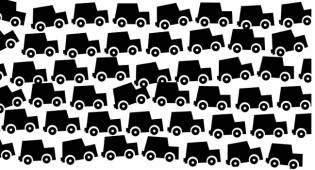Will Your Site Take a Hit with Google’s Coming Changes?
YNOT EUROPE – Google making changes is nothing new. Earlier this year, the search engine giant admitted it made more than 300 changes to its algorithm in 2012 alone. Many of the changes were minor; however, some like the new Penguin filter that launched in April 2012, were quite significant.
Last month, Google announced a major Penguin update is scheduled to launch by summer.
When Google released Penguin last April, countless adult websites were negatively affected. Ranks and traffic dropped nearly overnight, and only a small percentage have been able to recover fully. Initially, many blogs and other small sites that relied on link trading took the hardest hit. Later in the year, larger sites began reporting penalties when Google revised the algorithm.
With a newer, reportedly stricter, version of Penguin scheduled to launch soon, it’s important to take precautions now to avoid losing valuable traffic.
What does Penguin do?
The Penguin filter basically looks for pages with low-quality backlinks. Traditionally, backlinks helped a page’s search-engine ranking, but Penguin actually penalizes sites by removing points for backlinks from pages that rely on manipulative linking schemes. Common schemes that are easily detectable include trading links and spamming links in places like blog comments, forum profiles, wiki profiles, social bookmarks and adult link dumps. Penguin also devalues incestuous links coming from other websites owned by the same person or company, which is why large networks of interlinked blogs were hit hard.
Google designed Penguin to enforce its long-standing webmaster guidelines, which frown on link-building for link-building’s sake. The search engine wants to rank pages that are naturally linked to by many people, because in Google’s view, organic linking is evidence of true popularity, relevance and authority. The more people who link to a website because they value its content, the more trusted that website must be. Because of this, Google gives more value to links other people give you than to links you give yourself.
Of course, the whole reason webmasters started trading links in the first place was to fool Google about their sites’ popularity. The problem now is that Google has developed the ability to detect the maneuver.
Penguin is surprisingly accurate at detecting hidden relationships between websites and whether links on third-party sites are given voluntarily, exchanged, purchased or otherwise built as part of a scheme to increase search visibility. The upcoming version of Penguin reportedly is even more effective at detecting efforts to artificially inflate the value of pages.
In addition to detecting low-quality links, Penguin also keeps track of the keywords used in anchor text. If the majority of links on a page use the same adult keywords — and especially if those keywords match the keywords for which a page is optimized — Penguin assumes the page owner influenced the links.
How to prevent being hit by Penguin
The best way to avoid being hit is to avoid links that look intentionally built. This means limiting the number of links in site-wide sidebars and footers. Links of that type can hurt because Google has figured out that nearly all traded or purchased links get stashed in those locations. In addition, the use of site-wide link sidebars and footers means the anchor text repeats from page to page — so although you may have a lot of links coming to your pages from that kind of system, all of the links will look alike to Penguin. From a single site that might not represent a problem, but if you have similar links in site-wide locations on many websites, Penguin will notice the unnatural pattern.
You also should limit the number of links you get from pages that may appear to be created by you. These can include links on profile pages, blog comments, untargeted hosted blogs, hosted blogs with little content, link dumps, low-quality social bookmarks and low-quality directories.
If your site already has many of links of this type, you can mitigate the impact by working to create, or buy, higher-quality links. The more high-quality links you have, the more they will offset the lower-quality links — and the better your chances of avoiding a penalty.
Adult SEO Training has made a collection of free, comprehensive videos available to help webmasters diagnose and fix potential problems. You’ll find them here.
Adrian DeGus is a 12-year adult industry veteran and founder of Adult SEO Training, a popular service that helps webmasters, program operators and affiliate managers to learn in-house SEO. Adult SEO Training is the only private SEO coaching service catering to the adult industry. DeGus also personally provides complete SEO services for many large programs in the adult industry.
Comments are closed.







